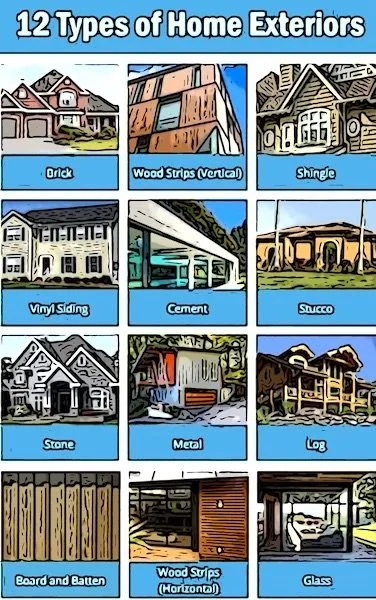Exterior Sidings We Clean
House Sidings We Clean
Due to its exterior location, your house siding can accumulate a variety of dirt, grime, and stains. These include pollen, bird and insect droppings, spider webs, and rust. In shaded and damp areas, mold and mildew can develop, and certain siding materials are also susceptible to discoloration caused by insecticides, herbicides, and fertilizers.
Clean Coastal Living is the leading professional in Southeast Georgia and Southeast South Carolina for professional house washing. Our experienced cleaning technicians are skilled in restoring siding of all material styles.
Types Of Exterior Siding
Fiber Cement Siding
Fiber cement siding, a building material, covers the exterior of commercial and residential structures. It’s a cement-reinforced material made from cellulose fibers.
Tabby Shell Stucco Siding
Tabby is a concrete made by burning oyster shells to make lime, which is then mixed with water, sand, ash, and crushed oyster shells.
Stucco Siding
Stucco siding, made of Portland cement, sand, lime, and water, provides a solid, durable, and seamless home exterior when applied in three coats over a lath base. Advantages include fire resistance, durability, and low maintenance.
Brick Siding
Brick siding provides comparable low maintenance and weather resistance to solid brick construction. Traditional brick siding uses standard clay bricks, but usually queen brick, which is about 3/4 inch narrower than engineer brick.
Engineered Wood Siding
Engineered wood, also known as mass timber, composite wood, man-made wood, or manufactured board, is a diverse group of wood products made by joining or bonding wood strands, particles, fibers, veneers, or boards using adhesives or other fixation methods. This process creates a composite material.
Vinyl Siding
Vinyl siding is predominantly composed of polyvinyl chloride (PVC), and the manufacturing process releases greenhouse gases such as nitrogen oxide and carcinogens such as dioxin.


